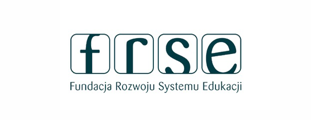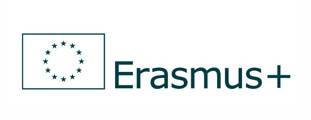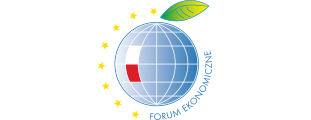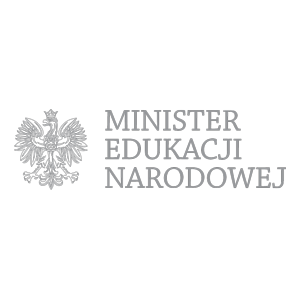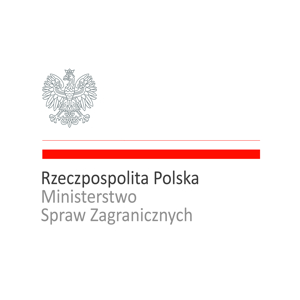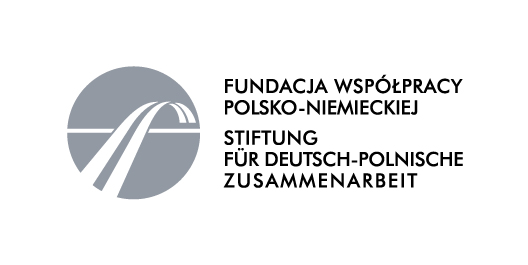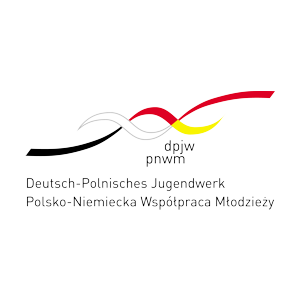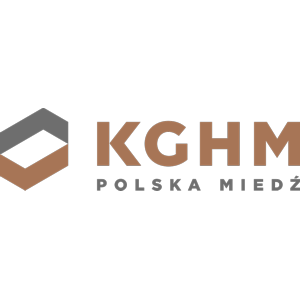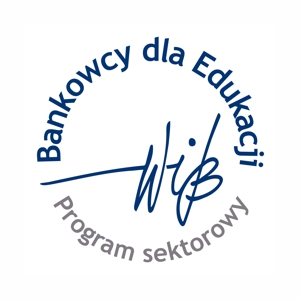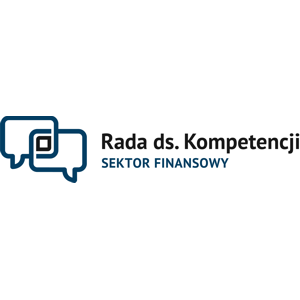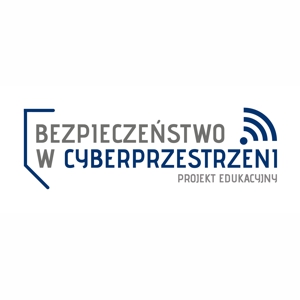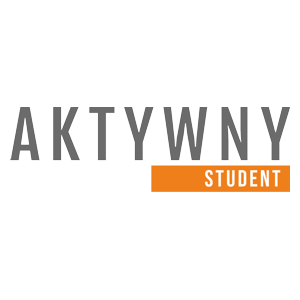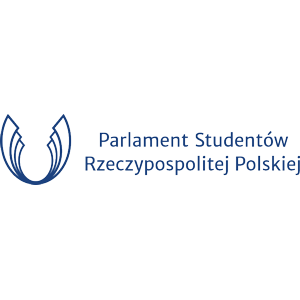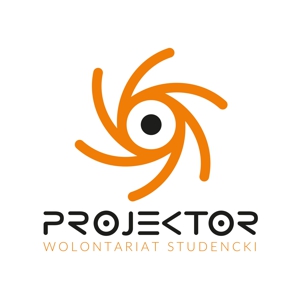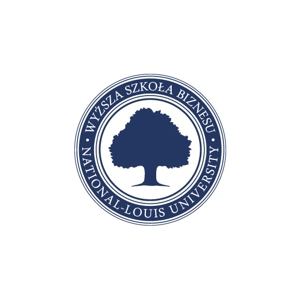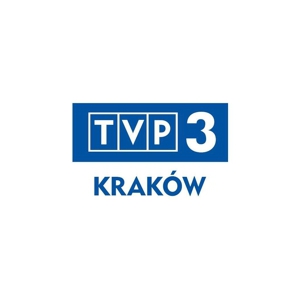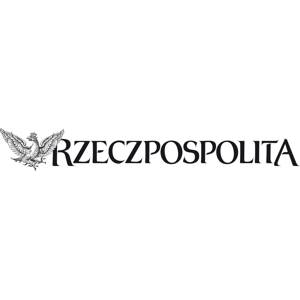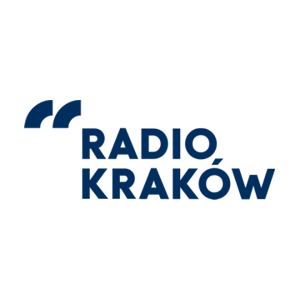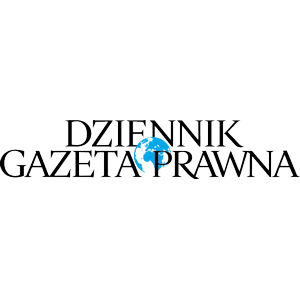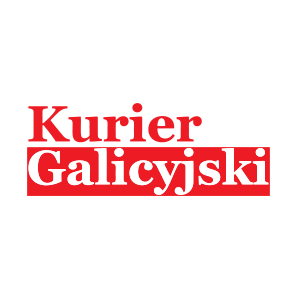

Countries of Central-Eastern Europe: poor relatives or rising stars?
What is the place of economy of Central-Eastern Europe in Europe and the world?Discussion panel
The central-eastern European region has an enormous potential and countries in this part of the world are real rising stars” - said Thomas Laursen from the World Bank Group. „- For the recent couple of years this region had an excess of manpower. The unemployment rate reached over 20%. Nowadays this rate has dropped to 7-8% and in many sectors of economy there is a lack of working hands. Poland is the leading power of these changes. The membership in the European Union, migration and new investments have definitely contributed to this fact. However, the road to success is productive employment. Work has to pay off for businessmen, and through taxes also for the country. But first of all work has to be worth doing for the employees. Earnings motivate to carry on the work and to improve one’s own qualifications. Education gives the opportunity to be flexible on the job market. You came from many countries with a dynamic economic and social development. Your energy makes the countries grow. As an example I will say that the World Bank Group has announced new working posts. Over 110 young people send in their applications and each offer was great: at least two faculty diplomas, foreign languages, experience gained through internships, involvement in non-governmental organizations. This gives an insight into how young people are well prepared are to take over the responsibility of the future day.
The values and politics:
challenges of XXI centurySpecial Guest Forum:
Chandrika Bandaranaike Kumarutunga
former president of Sri Lanka
What is the role of regions in European Union:
challenges for regional and cohesion polices of European Union?Special Guest Forum:
Danuta Hübner
Commissioner for Regional Policy, European Commission
Message conveyed by Danuta Hübner:
Everything we do, is also for all of you; We have to work in groups
Katarzyna Grydniewska / Polish Radio Lublin
NATO after Bucharest:
prospects for membership of Ukraine and GeorgiaDiscussion panel
Georgia and Europe:
the present and the futureSpecial Guest Forum:
Giorgi Baramidze
Deputy Prime Minister, State Minister for European and Euro-Atlantic Integration, Government of Georgia
Nowy Staw Foundation from Lublin and the University of Caucasus from Tbilisi have signed an agreement which will support the citizenship and political education of the young people in Georgia. Deputy Prime Minister Giorgi Baramidze, who was present at the meeting, said that he looks at this cooperation with optimism. The agreement was signed by Kakha Shengelia, President of the Caucasus University, and Tomasz Różniak, Chairman of the Nowy Staw Foundation.
More about the agreement – Michał Wójcik from the Nowy Staw Foundation.
Closing session
Economic Forum of Young Leaders 2008
The Economic Forum of Young Leaders has officially finished with an agreement supporting the citizenship education of young people in Georgia.The agreement between the organizers of the Forum and the Caucasus University was signed in the presence of Deputy Prime Minister Giorgi Baramidze. “Common multinational projects, internships and trainings, as well as the support for non-governmental are the specific measurement of the Forum in Nowy Sącz” –Baramidze summed up the agreement.
The situation in the aftermath of the conflict in Georgia was one of the main topics of the Economic Forum of Young Leaders. During four days, over 300 young leaders of political, economic, social, and non-governmental organizations from 42 countries from the European Union, Eastern Europe and the Caucasus took part in the four-day Forum in Nowy Sącz.
According to the participants, the Forum establishes the role of the young generation within the social and economic changes taking place on the Eurasian Continent. That is why the voice of young people concerning the events in the South Caucasus was also audible during the Forum. The participants asked the politicians about the consequences of the Caucasus conflict for the economic development of Europe and whether the safety of ordinary citizens of the Old Continent is threatened.
In his message to the young leaders of Europe, Prime Minister Donald Tusk said:
„Facing the future is an outstanding challenge and a chance for young people, especially those living in Europe. That is why my generation has managed to fight for the priceless value of freedom – our liberty of life, action and personal decisions of our future paths. This is a value you should always keep a close eye on. It is a good moment to call upon all young Europeans: remember that you must not give back the freedom you have earned. Because of our personal experience in this field, we are obliged to react if wherever in the world someone’s freedom is violated. I am sure that if we protect our liberty, young people will have a chance to thrive in our modern Europe. I look with great confidence into the future of those who are now eighteen-twenty years old”
Among the noble guests who appeared in Nowy Sącz in 2008 were: Danuta Hübner - European Commissioner for Regional Policy (Poland), Giorgi Baramidze - Deputy Prime Minister of Georgia, Katarzyna Hall - Minister of National Education (Poland), Jan Krzysztof Bielecki –President of Bank Pekao S.A. (Poland), Elmar Brok - Chairman of the European Parliament Committee on Foreign Affairs (Germany), Vytautas Landsbergis Member of European Parliament (Poland), Leopold Unger – Le Soir (Belgium), Manisha Signh - U.S. Department of State, Mart Laar – former Prime-Minister of Estonia, Petro Poroshenko - President National Bank of Ukraine, Sir David Alton - House of Lords (UK).
A very significant aspect of the forum were workshops organized by coaches of the European Union Programme “Youth in Action”. - Informal education is a useful tool thanks to which young people learn how to talk. This technique can be successfully applied in politics or in studying the mechanisms of economy – says Dorota Prymek, a workshop coach of the “Youth in Action” Programme.
The coaches of the Programme organised three workshops for the participants of the Forum –the active role of the youth in socio-political life; the variability of cultures and fighting against social exclusion. Divided into small groups, the young leaders prepared presentations about the most important challenges and problems that are interwoven in our social lives. There was an abundance of discussions, significant questions and ideas of how to promote and present the task of the young generation among political dissidents. One of the groups faced the question of what is the role of young people in fighting such global problems as poverty, hunger or armed conflicts. “The more we talk with each other, the more we get rid of stereotypes and mutual misunderstandings” – thinks one of the Forum’s participants from Wrocław, Weronika Duda. The participants of the workshops also noticed that fighting global problems is often connected with acting for one’s own local society. “Act locally – think globally” - highlighted Peter Ordey from Hungary.
The substantial value and organisational success of annual editions allows us to describe the Forum as one of the most important international events of young generation. What also proves this claim are media from around Europe which show a lot of interest in the Forum in their frequent reports of the debates .All plenary debates are available on-line in our news bulletin through the medium of TV at www.forum-leaders.eu.
Study tour in Małopolskie region
12.09.2008 - 13.09.200

